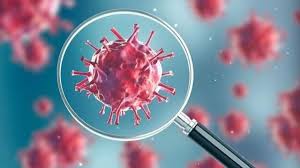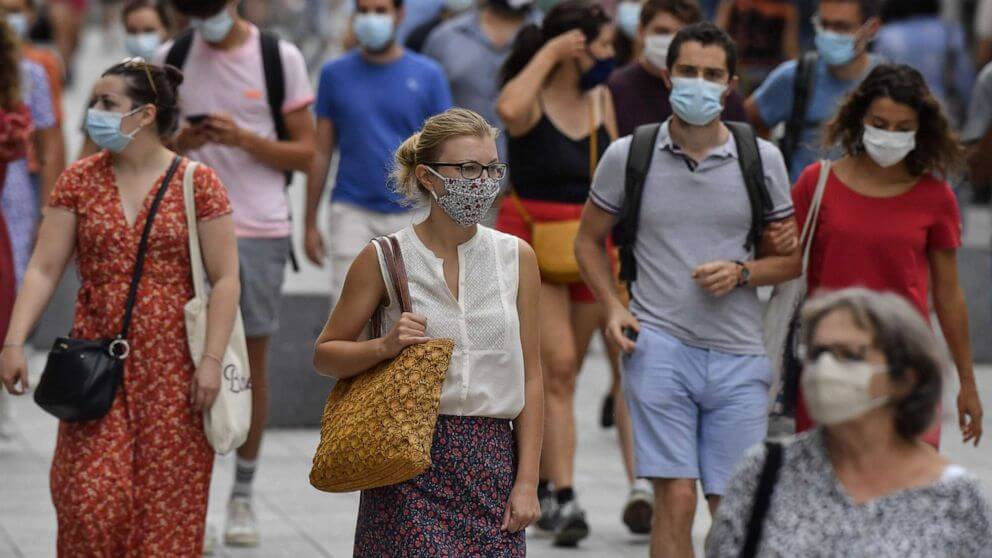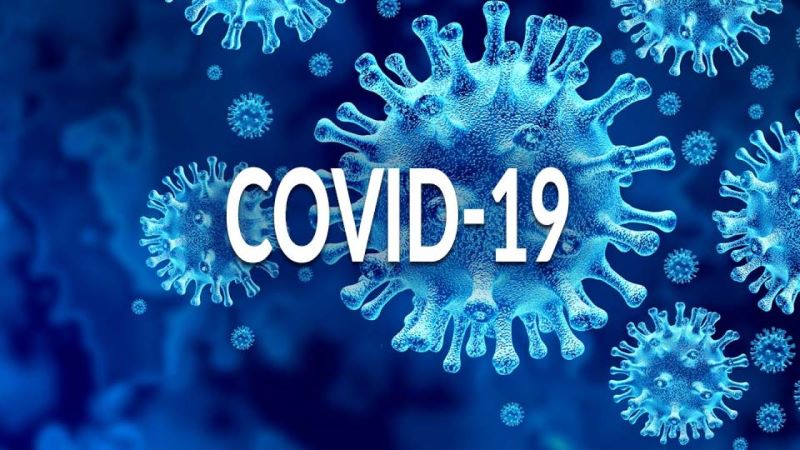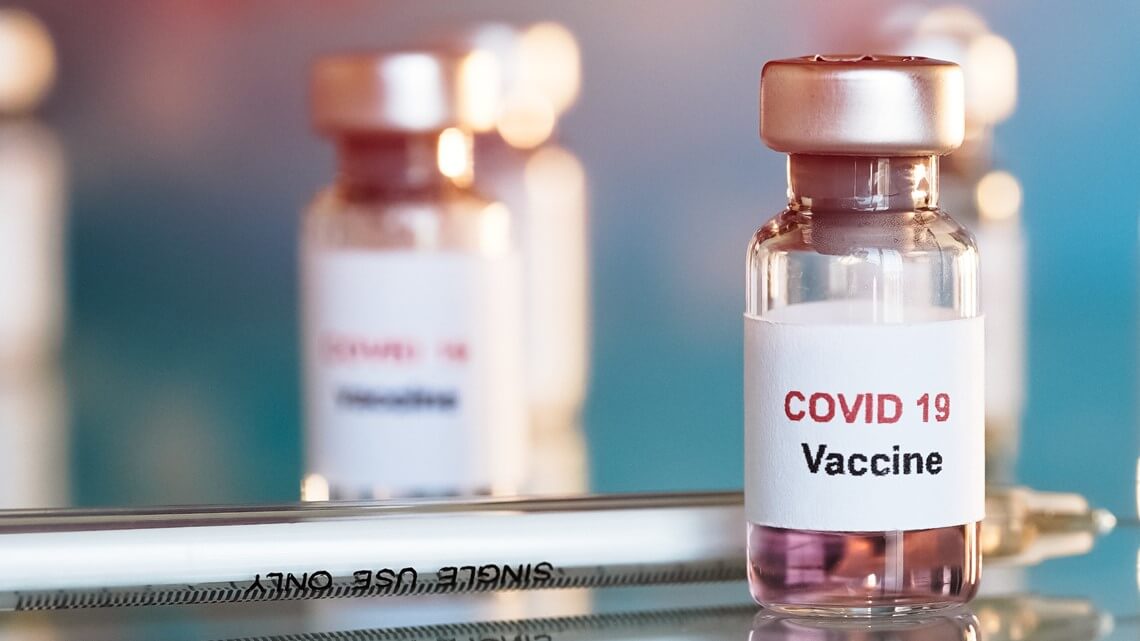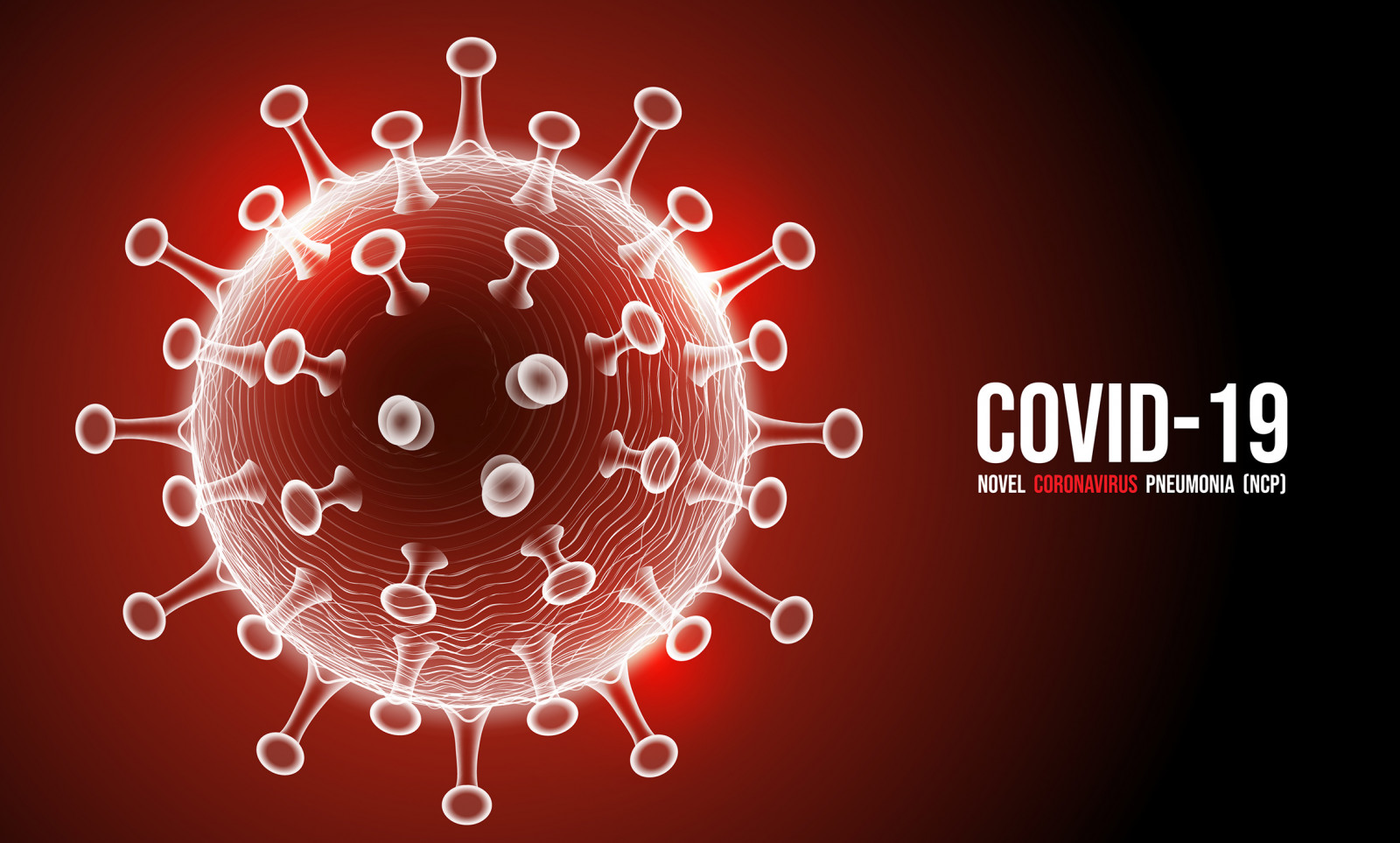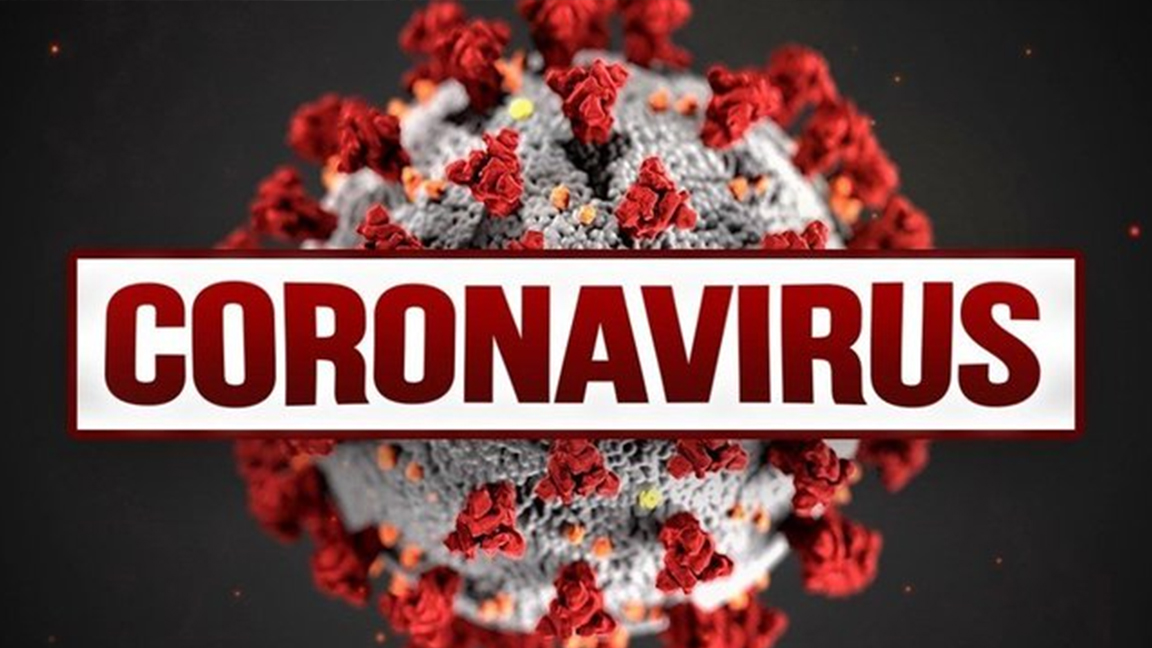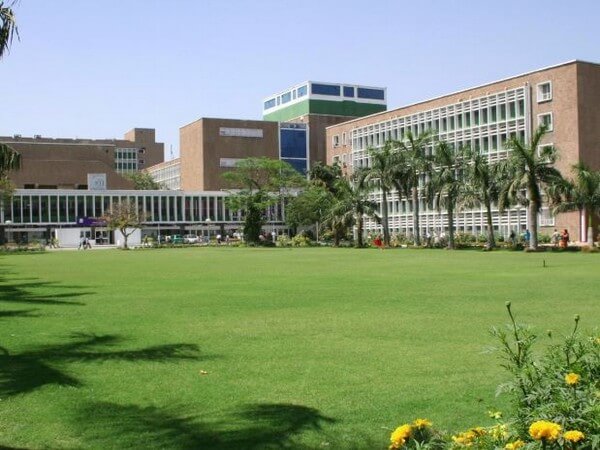Single-dose vaccine may be enough for people who have recovered from COVID, says study
Fri 11 Jun 2021, 23:03:19
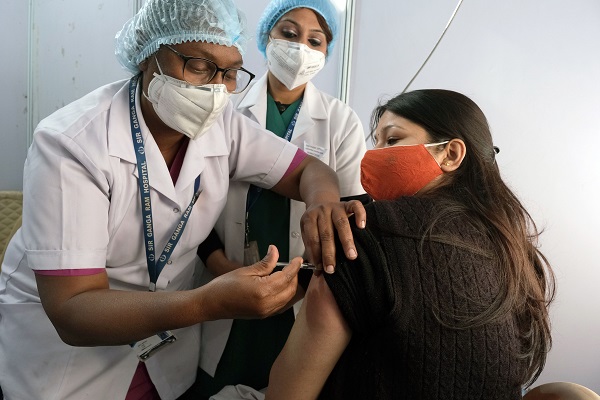
NEW DELHI: A single-dose immunization with the COVID-19 vaccine may be sufficient for protecting patients who have recovered from a mild infection of the virus as the immunological memory that they develop keeps its imprint for a few years, says a study conducted on Indian patients.
The study comes at a time when the country is looking at vaccinating all eligible people (above 18 years) by the year end. The vaccine is considered the most effective preventive measure to protect from the COVID-19 pandemic that has become a major threat to public health globally.
However, how long the vaccine will provide the protective cover, whether the vaccine will protect against all recently circulating and future variants of the virus, and what should be the vaccination schedule and dosage for the individuals recovered from COVID-19 are questions that need answers for successful implementation of vaccination throughout the country.
A study by Dr. Nimesh Gupta’s group at the National Institute of Immunology (NII) is in collaboration with Dr. Ashok Sharma, Biochemistry Department, and Dr. Poonam Coshic, Department of Transfusion Medicine at the All India Institute of Medical Sciences (AIIMS), New Delhi reveals that Indian patients who recovered from mild COVID-19 disease have durable immunological memory in most important arms of protective immunity – T cells and B cells.
The team believes that the immunological memory, which can last for a few years, is predominantly associated with the spike protein of the virus. These responses are mainly targeted towards the spike protein, and it also gives high hopes to the current vaccines.
The research supported under the Intensification
of Research in High Priority Areas (IRHPA) scheme of the Science and Engineering Research Board (SERB), a statutory body of the Department of Science and Technology (DST), says if the vaccine can induce the immune response like seen in mild patients, then we will have an effective and long-lasting cellular immunity against SARS-CoV-2.
of Research in High Priority Areas (IRHPA) scheme of the Science and Engineering Research Board (SERB), a statutory body of the Department of Science and Technology (DST), says if the vaccine can induce the immune response like seen in mild patients, then we will have an effective and long-lasting cellular immunity against SARS-CoV-2.
The study also indicated that almost 70 per cent of the examined Indian cohort had very high levels of SARS-CoV-2 reactive type of white blood cells that are an essential part of the human immune system (CD4+ T cells).
These were present prior to the COVID-19 pandemic. These already present T cells strongly respond to the COVID-19 virus. It was found that these pre-existing cross-reactive CD4+ T cells will not completely abort the virus infection, but they can definitely limit the virus burden and reduce the course of symptomatic infection.
“This will lead to less severe disease and lower rates of hospitalization. These SARS-CoV-2 reactive CD4+ T cells may have originated due to previous exposure to the highly prevalent ‘Common Cold’ viruses,” said the study recently published in the journal ‘Frontiers in Immunology’.
These findings may prove crucial in understanding how the Indian population is responding to the COVID-19 virus and provide a key for vaccine implementation in India, said the team of experts.
“The virus Nucleoprotein should not be used as the target protein for sero epidemiological surveys in India. It may give a wrong indication, as almost 30 per cent of the tested donors showed cross-reactive antibodies to SARS-CoV-2 nucleoprotein without exposure to the virus prior to the pandemic,” the study suggested.
No Comments For This Post, Be first to write a Comment.
Most viewed from Coronavirus Updates
Most viewed from Health
AIMIM News
Latest Urdu News
Most Viewed
May 26, 2020
Do you think Canada-India relations will improve under New PM Mark Carney?
Latest Videos View All
Like Us
Home
About Us
Advertise With Us
All Polls
Epaper Archives
Privacy Policy
Contact Us
Download Etemaad App
© 2025 Etemaad Daily News, All Rights Reserved.

